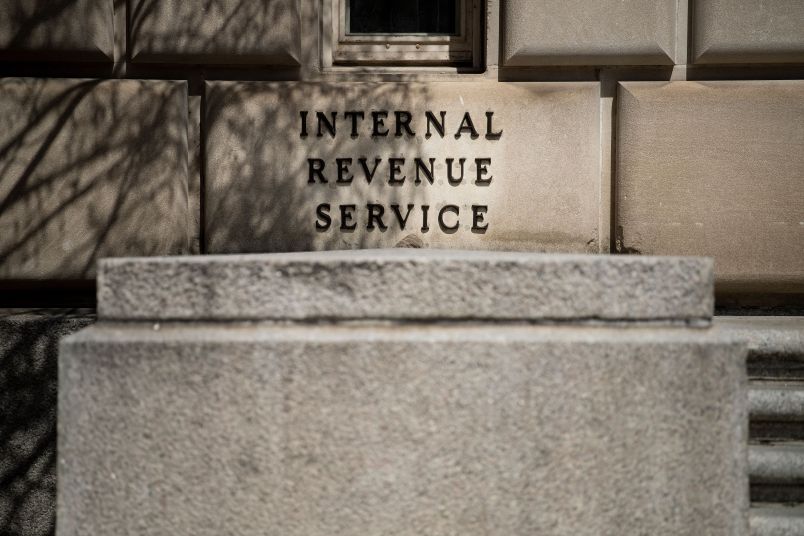The Washington Post has gotten hold of a draft internal IRS memo which argues that the IRS and Treasury Department have no choice but to hand over the President’s taxes.
This seems like little more than a legal analysis that states what I think everyone who has looked at the law understands, which is that it’s crystal clear: To follow the law they have no choice but to hand over the returns. The only real argument I’ve seen from conservatives is that the law itself is unconstitutional. But the text of the law is clear.
What’s important to understand is that the memo is a draft, apparently written by a lawyer in the IRS’s Office of Chief Counsel. In other words, there’s no evidence this memo got any internal stamp of approval, which would mean that Mnuchin was ignoring and the head of the IRS were ignoring their own lawyers’ analysis. But that seems sort of besides the point.
The career attorneys seem clear on what the answer is. But that doesn’t matter since the President doesn’t want to follow the law. The most revealing part of the story comes here.
Treasury Department officials said there had been extensive discussions about the tax return issue, with one official saying the issue put the agency in a difficult spot because Trump has predetermined the outcome — and Mnuchin is a Trump ally who was the finance chair of his 2016 campaign.
“The decision has been made,” this official said, speaking on the condition of anonymity to discuss private conversations. “Now it’s up to us to try to justify it.”
Trump has told advisers he will battle the issue to the Supreme Court, according to people familiar with the matter. Trump recently has argued that the tax returns were an issue in the 2016 election, but he won anyway — so they should no longer be an issue.
One final point is that the memo says the only option the White House has is to invoke executive privilege, an option even the memo writer didn’t seem to think had much merit. I will note this: the doctrine of executive privilege has virtually always been held to apply to the internal policy-making, advice-giving, deliberative process within the executive branch. The Supreme Court has made clear it’s not absolute privilege. But that’s the general logic. There’s really no way the President’s personal finances or the administration of his personal taxes can come under that penumbra. It’s definitional. His taxes are tied to the individual person, not the President.
They are legally nonsensical arguments to avoid following the law. A patina of plausibility to those arguments isn’t required.






